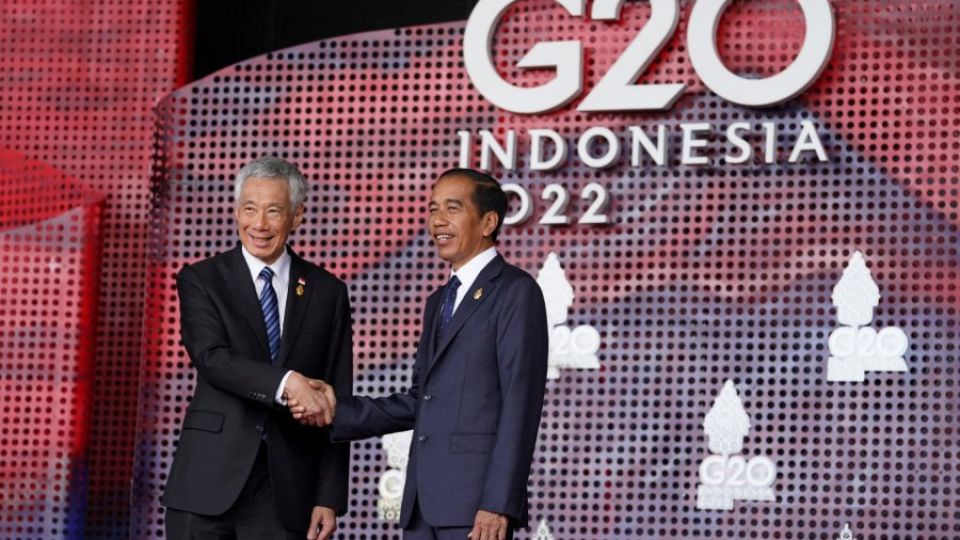December 12, 2022
JAKARTA – The House of Representatives has ratified a defense cooperation agreement (DCA) with Singapore, one of three agreements the two countries signed earlier this year, with an extradition treaty between the neighbors up for a vote next.
“We hope this defense cooperation can help maintain friendly relations between Indonesia and Singapore,” Sugiono, a member of House Commission I overseeing defense and foreign affairs, said on Tuesday.
Despite early criticism of the DCA, the government successfully lobbied the members of the House to ratify it, with Defense Minister Prabowo Subianto holding a closed-door meeting at the House last week that ended with Commission I members giving their blessing to the agreement.
“The ratification of the DCA provides a legal umbrella for cooperation in the defense sector between Indonesia and Singapore,” said Prabowo on Tuesday.
Under the agreement, Singapore will need Indonesia’s permission to conduct military training on Indonesian soil, with third-party involvement subject to Indonesian approval as well.
The DCA is one of three agreements signed by President Joko “Jokowi” Widodo and Prime Minister Lee Hsien Loong of Singapore at a leaders’ retreat in January, along with the Flight Information Region (FIR) agreement and an extradition treaty between the two countries.
While the three agreements were signed as a package deal, they must be ratified independently before being passed into law, according to House Commission I member Dave Laksono.
“The FIR agreement and the extradition treaty are independent of the DCA, so they have to be treated as separate entities,” he said on Wednesday.
Airspace
While the DCA and extradition treaty require House approval, the executive ratified the FIR agreement independently through a Presidential Regulation (Perpres) signed in September.
Through the agreement, Indonesia assumes partial control of the airspace above the Riau Islands and Natuna Islands, which was previously managed by Singapore. However, flights up to an altitude of 11,278 meters will still be delegated to the Singapore aviation authority.
“This [FIR agreement] expands Jakarta’s FIR to 249,575 square kilometers,” Jokowi said in September.
A matter of time
House Commission III overseeing law and human rights approved the extradition treaty on Monday to be brought to a general House vote.
“[The commission] has approved the draft bill for the ratification of the extradition treaty between Indonesia and Singapore, and it will be raised in the next plenary session,” said Commission III vice chairman Pangeran Khairul Saleh on Monday.
But the draft bill failed to materialize on Tuesday’s plenary agenda. M. Nurdin of House Commission III told The Jakarta Post that it was simply a matter of timing.
“We only finished our meeting after the Steering Committee had set the agenda for the plenary session,” said the deputy chairman of the House Legislation Body (Baleg) on Tuesday.
Nurdin said the extradition treaty would be brought up at the next plenary session.
While the DCA met resistance in the House over perceived threats to Indonesia’s sovereignty, the extradition treaty has received general support.
While the two countries had agreed to the terms of the extradition treaty as early as 2007, Singapore insisted on bundling the treaty with the DCA, which prolonged discussions.
The government hopes the new extradition treaty will prevent Indonesian fugitives from using Singapore as a safe haven from prosecution.
“The ratification of the treaty between Indonesia and Singapore will improve law enforcement efforts and provide a legal umbrella for the two countries,” said Law and Human Rights Minister Yasonna Laoly on Monday.
In addition to the DCA agreement with Singapore, the House passed a similar agreement with Fiji.
“We hope that this defense cooperation can help maintain the good relationship we have with Fiji and the strategic role the country has in the South Pacific,” said minister Prabowo.


